Four Reasons Why Bees Are Dying
Imagine for a minute.
You go to the store to buy strawberries. There you discover that strawberries are not available – ever.
It could happen. Not likely, but it could.
Not just berries, but apples, oranges, lemons, limes, carrots, avocados, cantaloupes, cucumbers, alfalfa and almonds – all gone. No more guacamole. Goodbye apple pie.
How is this possible?
Pollinators, as in bees, are our hidden lifeline. We depend on them for food yet that fact is easy to forget. But, now we really need to pay attention as they are in jeopardy.
Author, Biologist, Naturalist EO Wilson once said – “every third bite of food you take, thank a bee or another pollinator”.
Okay, I’ve made my point.
You will never be as busy as a bee
30 percent of world’s food crops and 90 percent of wild plants are pollinated by bees. Translated into dollars, that represents a breathtaking $15 billion a year in the US. Bees also produce honey – about $150 million worth.
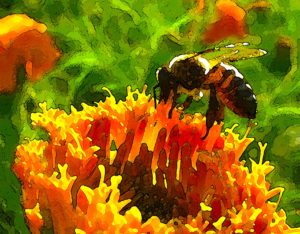
The biggest news: honeybees are still declining.
To underscore the financial impact. It’s a loss of upwards of $5.7 billion per year.
Putting this in perspective, season to season it is normal for bees to die off. 17 percent is an average annual amount.
The losses are troubling when that die-off amount doubles. And, it has in recent years.
A survey of U.S. beekeepers from April 2015 through April 2016 showed a loss of 44 percent of their colonies.
It began a decade ago with Colony Collapse disorder, prompting a massive and sudden disappearance of worker bees. While the surge of deaths has slowed a bit, beekeepers continue to report alarming losses.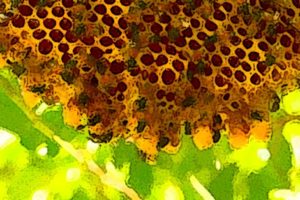
The USDA and other organizations who have studied the decline have settled on three or four reasons for it.
- A parasite mite called the Varroa destrictor. Referred to as the vampire of the bee world, Varroa feeds on developing bees, thereby suppressing their immune system. Remedies to control the mites have had mixed results. Other treatments have been hampered due to Varroa’s growing resistance to them.
- Pesticides.The EPA has now publicly acknowledged that a common insecticide called neonicotinoids has been shown to harm bees.
- The California drought. Lack of rainfall means fewer crops and wildflowers that have nectar bees need to produce honey.
- Deficient Nutrition. Bees need nectar in order to survive. Studies show when they have access to this ideal nutrition they are able to combat diseases. Cane sugar and water is considered the preferred substitute for nectar. Unfortunately, many industrialized farms feed bees high fructose corn syrup instead which can weaken their defenses from pesticides.
Sources include: USDA, EPA, University of California Cooperative Extension, Greenpeace
The Solution – Individuals and Businesses Are Making a Difference
Kevin Davis, President of Gardeners’ Guild Landscape Management, is becoming part of the solution.
Besides the day to day of running Gardeners’ Guild, Kevin is also an avid home gardener. Not only does he have an enviable drought tolerant garden, he also grows produce and sells it to neighbors. His most recent venture is becoming a beekeeper. More information including photos to follow!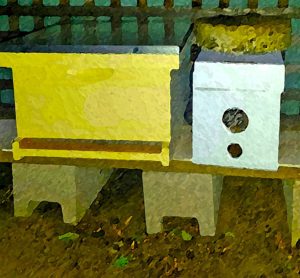
|
Hotels in San Francisco Build Hives on their Rooftops An idea that grew out of concern about the plight of honeybees, several San Francisco Hotels including the Clift and The Fairmont are seeing its other benefits. Using their own honey in cocktails, beer and even ice cream not only raises awareness about bees but compliments efforts to serve products that are local and sustainable. Source for this story: Associated Press. |
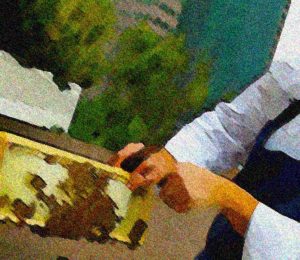 |

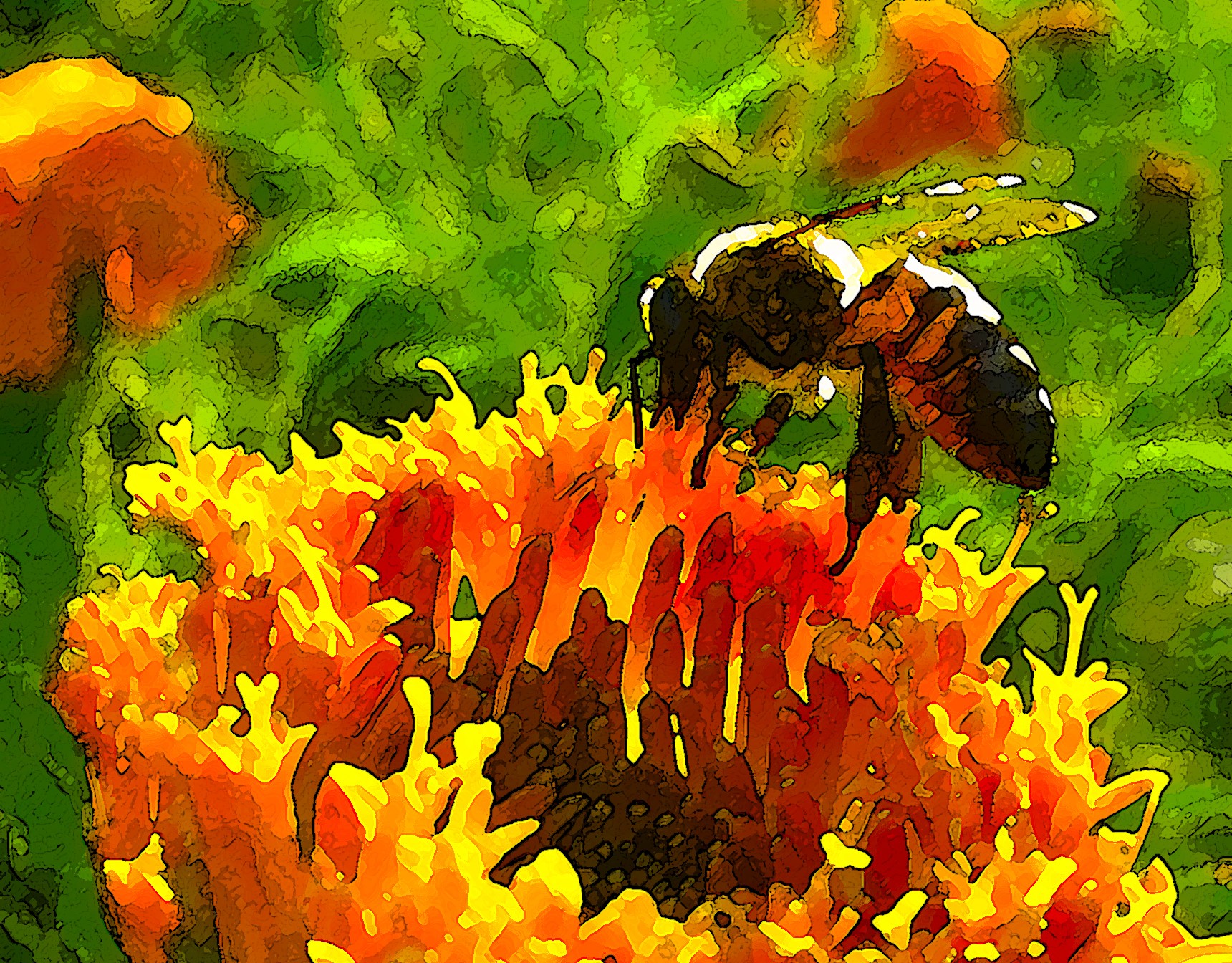

Leave a Reply
Want to join the discussion?Feel free to contribute!